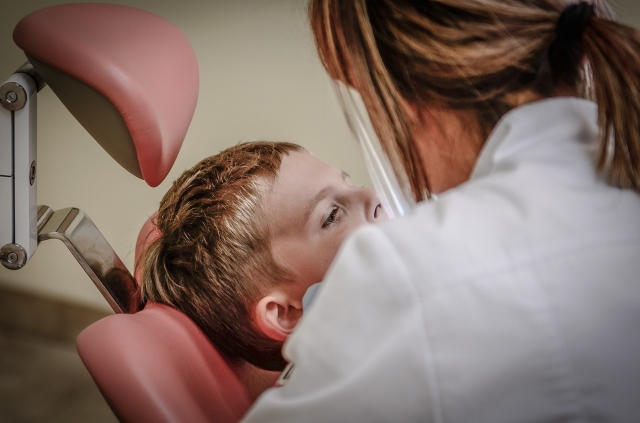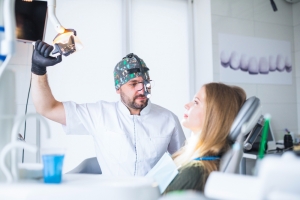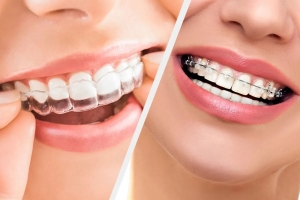Dental appointments can sometimes cause anxiety or stress, but with the right techniques and mindset, you can transform your experience into a calm and positive one. Whether you're nervous about discomfort, uncertain about procedures, or simply uneasy in the dentist's chair, the following tips outlined below can help you to stay calm during your next dental visit.
1. Communicate Your Concerns
Open communication with your dentist and their team is essential. Let them know about your anxieties or fears before your appointment. Dentists are trained to work with nervous patients all the time and can adjust their approach to help you to feel more at ease. When you book dental services with fulhamroaddental.com, don't hesitate to ask questions regarding the procedure or express concerns about pain or discomfort—understanding what to expect from the treatment/appointment can reduce fear of the unknown. The dentists here are more than happy to discuss this all with you.
2. Practice Deep Breathing
Controlled breathing techniques can help to calm you down. Before and even during your appointment, try deep breathing exercises. To do this, follow the below steps:
- Inhale slowly through your nose for a count of four
- Hold your breath for a count of four
- Exhale through your mouth for a count of four
This method helps lower your heart rate and promotes relaxation.
3. Use Visualization
Visualization is a powerful tool for calming your mind. While sitting in the dentist's chair, close your eyes (if you feel comfortable doing this) and imagine yourself somewhere else in a peaceful setting, such as a beach or a quiet forest. Focus on what sights, sounds, and smells are here to distract your mind from the procedure.
4. Bring Distractions
Many dental practices allow patients to use headphones during appointments. Bring a playlist of soothing music, a favorite podcast, or an audiobook to listen to while the dentist works. This can help shift your focus away from the procedure and create a more enjoyable atmosphere.
5. Schedule Wisely
Choose a time for your appointment when you're least likely to feel rushed or stressed. For many people, morning appointments work best because they haven't had the chance to dwell on their anxiety throughout the day. Avoid scheduling your visit during particularly busy or overwhelming periods in your life.
6. Use Relaxation Aids
Some dental offices offer relaxation aids such as laughing gas or oral sedation to help calm anxious patients. Discuss these options with your dentist beforehand if you think they could benefit you. Many people find these aids helpful for reducing anxiety and discomfort.
7. Focus on the Positives
Remind yourself of the benefits of the appointment. A healthier smile, fresher breath, and the prevention of more serious dental issues are all excellent outcomes worth looking forward to. Keeping these positives in mind can help to shift your perspective and reduce stress.
8. Bring a Supportive Companion
If permitted by the dental office, bring a trusted friend or family member to accompany you. Having a supportive presence nearby can provide reassurance and help you to feel more at ease.
9. Avoid Caffeine and Sugar
Before your appointment, steer clear of caffeinated beverages or sugary snacks that can heighten feelings of nervousness or restlessness. Opt for a light, healthy meal instead to keep your energy balanced and your nerves steady.
Conclusion
Dental anxiety is common, but it doesn't have to overshadow your oral health. By communicating with your dentist, practicing relaxation techniques, and taking proactive steps to manage stress, you can approach your next dental appointment with confidence and calm. Remember, your dental team is there to support you every step of the way, ensuring that your experience is as comfortable as possible.






